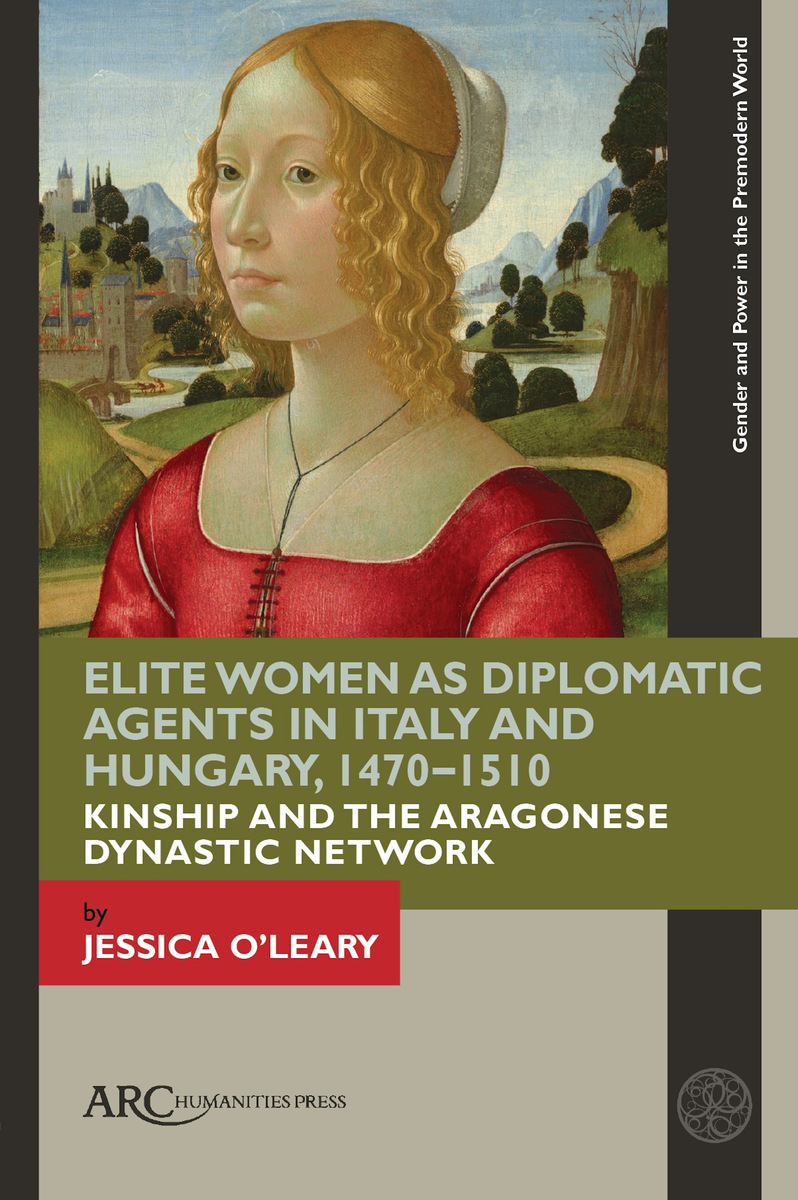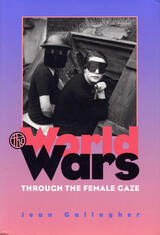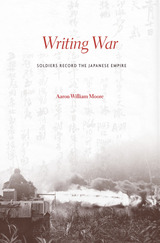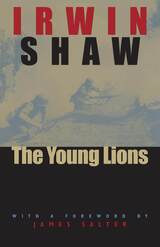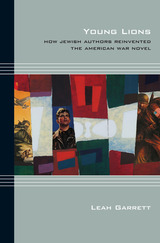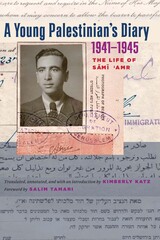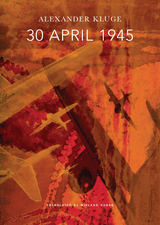One of the most interesting aspects emerging here relies on the double identity of Eleonora as a member of both the Aragonese and the Este families. Rather than a weakness, this double identity was critical for mediating between different parties.[...]
[T]his book sheds a light on the often-neglected role of dynastic women in the broader political and diplomatic network of Renaissance Europe. Thanks to the existing letters, the examples of Eleonora and Beatrice of Aragon reveal the strategies dynastic women pursued independently from their fathers, husbands, and other relatives to meet their own agendas, and in turn to what extent those strategies contributed to their families’ diplomatic and political relationships.
-- Alessandro Silvestri Università degli Studi di Salerno Royal Studies Journal 10, no. 1 (2023):208-11
Well-accomplished, short-form monographs such as O’Leary’s lend themselves to more focused and granular examinations of specific case studies and events. While trim, O’Leary’s offering contains a wealth of analysis and evidence-based narrative within its 127 pages—the bountiful harvest of careful and targeted archival research. O’Leary includes three essential genealogies: the ascendance and descendance of Ferrante d’Aragona, king of Naples; an abridged genealogy of the powerful Este family; and a genealogy of Matthias Corvinus, king of Hungary. These inclusions provide important support to the work allowing us to visualize quickly and effectively the natal and marital dynasties of the sisters at the center of the study: Eleonora and Beatrice d’Aragona.[...] O’Leary’s uncluttered and accomplished study signs off with some closing remarks, highlighting the ways in which dynastic wives played critical roles as political and diplomatic mediators and independent agents within and without their natal and marital dynasties. O’Leary’s contribution to the field for those interested in the mechanisms of gendered power and influence will be both durable and considerable.
-- Zita Eva Rohr Macquarie University EMW 19, no. 1 (Fall 2024): 205-8
[L]’ouvrage marque un jalon notable dans le courant historiographique des « queenship studies » aujourd’hui en pleine expansion [...], par-delà la division traditionnelle entre sphère privée (réservée à la femme et hors du politique) et affaires publiques, domaine uniquement masculin. Au contraire, une étude des stratégies et affects – présents notamment dans les sources épistolaires – continue à prouver que les femmes jouent un rôle essentiel dans la pratique effective d’un pouvoir et d’une souveraineté partagés et complexes. On peut espérer que ce livre encourage l’étude de bien d’autres figures de reines et princesses pour lesquelles les sources sont moins généreuses.
-- Joana Barreto Université Lumière Lyon 2 Le Moyen Âge 130 (2024): 328-30
